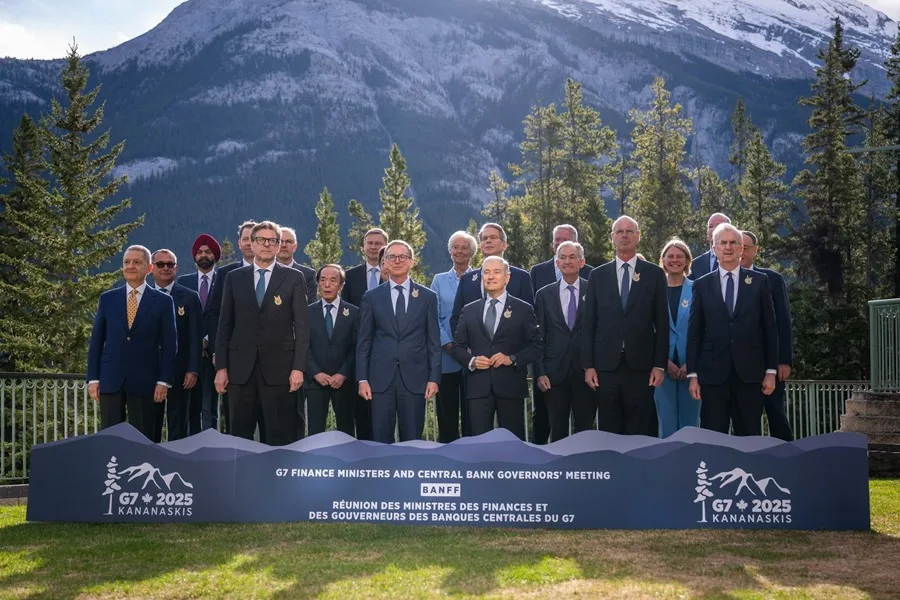G7 Finance Ministers Pledge to Tackle Unfair Trade Practices and Economic Imbalances

In a move signaling a renewed commitment to global economic stability, finance ministers from the Group of Seven (G7) nations have reached a consensus to actively combat unfair trade practices and address excessive economic imbalances. The agreement, reached during recent discussions, aims to foster a more level playing field and mitigate risks to the international financial system.
The G7, comprising Canada, France, Germany, Italy, Japan, the United Kingdom, and the United States, represents some of the world's largest and most advanced economies. Their coordinated action on trade and economic policy carries significant weight, influencing global markets and impacting businesses worldwide.
Understanding the Problem: What are Unfair Trade Practices and Economic Imbalances?
The term “unfair trade practices” encompasses a range of actions that distort competition and disadvantage businesses. These can include, but are not limited to, currency manipulation, excessive subsidies, intellectual property theft, and the imposition of unjustified trade barriers. Economic imbalances, on the other hand, refer to significant disparities in trade balances, savings rates, and investment patterns between countries. These imbalances can lead to volatile exchange rates, asset bubbles, and ultimately, economic crises.
The G7's Action Plan: A Multi-faceted Approach
While the specific details of the action plan are still being finalized, G7 finance ministers have indicated a commitment to several key areas:
- Strengthening International Cooperation: Enhanced dialogue and collaboration among G7 members and with other international organizations, such as the World Trade Organization (WTO), will be crucial to identify and address unfair trade practices.
- Promoting Fair Competition: The G7 will work to ensure that all businesses operate on a level playing field, free from unfair advantages or distortions. This includes addressing issues like state-owned enterprises and subsidies.
- Monitoring and Addressing Economic Imbalances: Regular assessments of global economic imbalances will be conducted, and policy recommendations will be developed to promote more sustainable and balanced growth.
- Currency Coordination: While not explicitly stated as a primary focus, currency coordination – ensuring that exchange rates are not manipulated to gain an unfair trade advantage – is likely to be an underlying consideration.
Why This Matters: The Global Impact
The G7's commitment to tackling unfair trade practices and economic imbalances has far-reaching implications. By fostering a more stable and predictable global economic environment, it can contribute to:
- Increased Trade and Investment: Fairer trade practices encourage businesses to invest and expand internationally, leading to increased trade flows and economic growth.
- Reduced Financial Volatility: Addressing economic imbalances can mitigate the risk of financial crises and currency volatility.
- Stronger Global Economy: A more stable and balanced global economy benefits all nations, promoting sustainable development and prosperity.
Challenges Ahead
Implementing this plan will not be without its challenges. Reaching consensus among G7 members on specific policy actions can be difficult, and enforcing international trade rules can be complex. However, the commitment demonstrated by the G7 finance ministers represents a positive step towards a more equitable and sustainable global economy. The world will be watching closely to see how these pledges translate into concrete action.
The focus now shifts to translating these commitments into tangible policies and ensuring effective enforcement. The long-term success of this initiative hinges on sustained cooperation and a willingness to address complex economic challenges head-on.






:quality(85)/assets.iprofesional.com/assets/jpg/2024/11/587909_landscape.jpg)